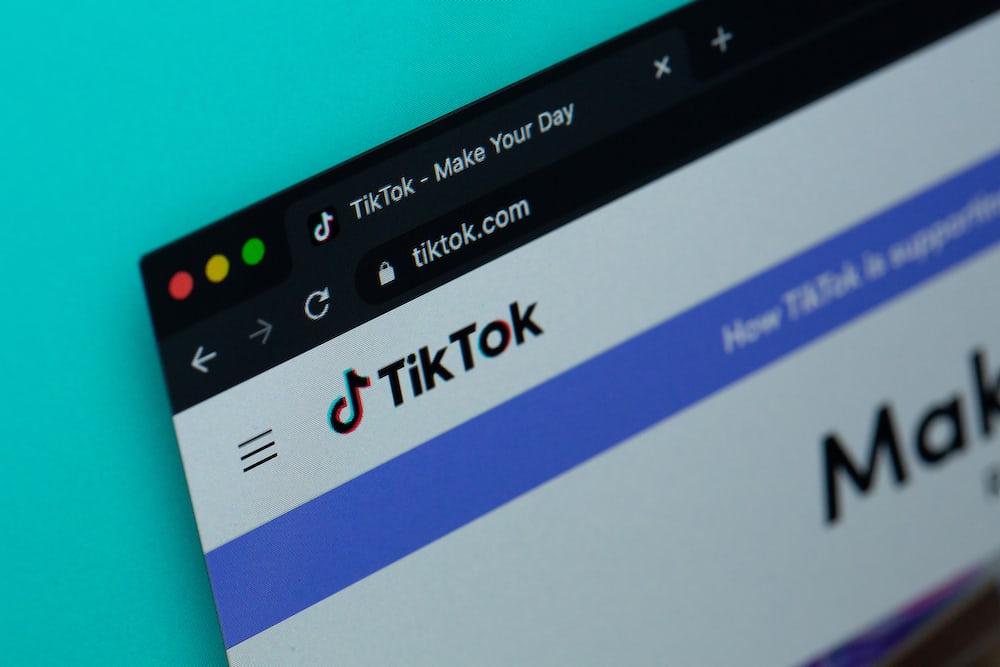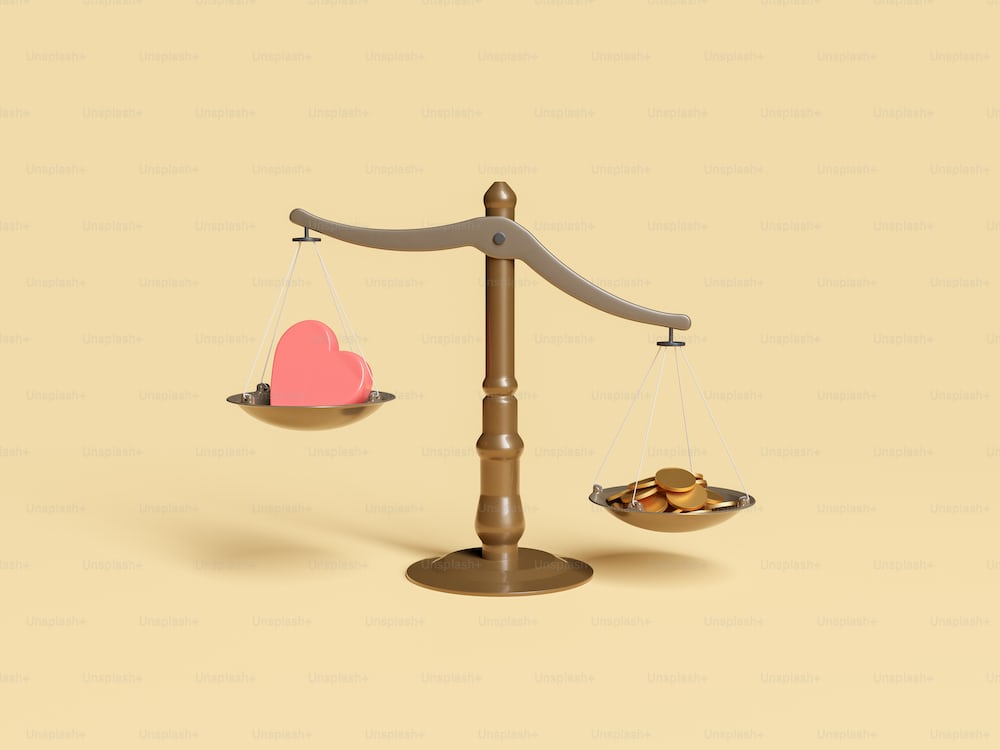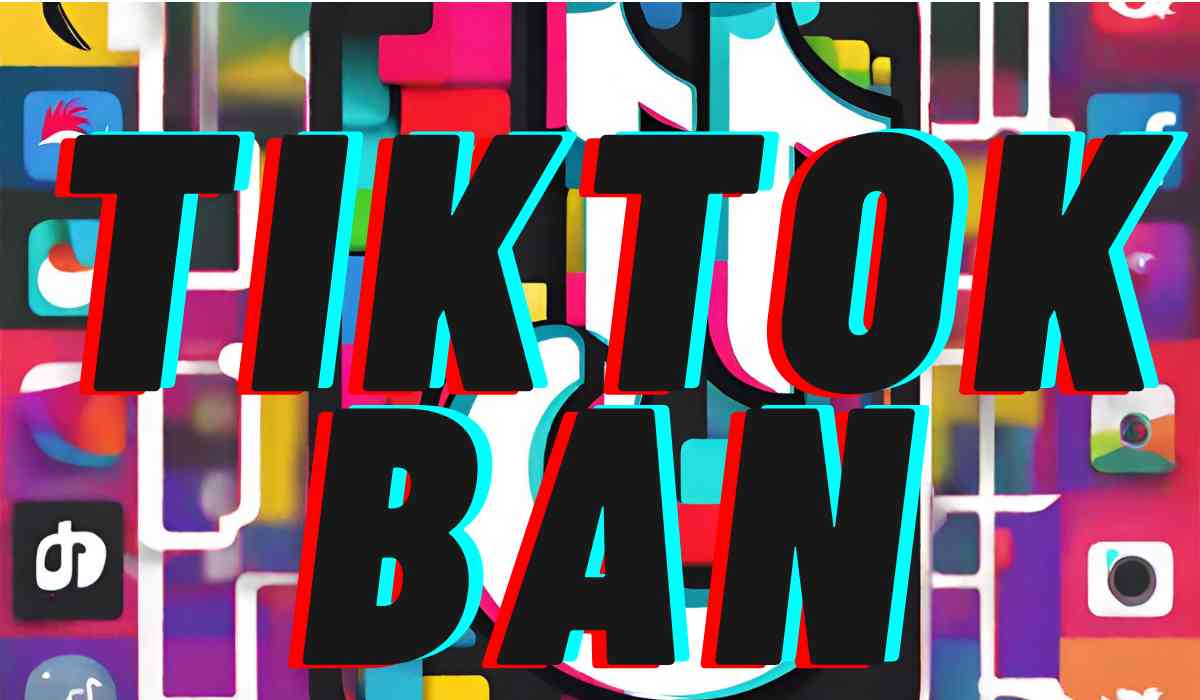"Hello friends, chai pi lo", “rasode me kon tha”, “coffin dance”, “Dalgona coffee” and the list continues, 2020 was the year of memes and virality. The emergence of social media platforms like TikTok provided an asylum to everyone trying to break free from the monotony and mental fatigue of being under lockdown. Everyone from street vendors to the biggest A-list celebrities took to such platforms, especially TikTok. But as it is rightly said that the excess of anything leads to disaster, TikTok soon came under fire for security threats and India was the first to ban the Chinese-owned app among some 50+odd others.

The latest development in this story comes from another one of our fellow South-Asian neighbors- Nepal joining the bandwagon of banning the app stating that its content “was detrimental to social harmony” This move was followed by Montana the first state in the US to ban the app, UK Parliament banning it from the network, New Zealand, Australia, Pakistan banning it about four times earlier this year.

With the global dissent and hostility towards the app, it often makes one wonder whether there’s more than what meets the eye. It is no new news that China has been one of the most powerful countries for various reasons and if other countries of the world both powerful and otherwise have decided to go against Tik Tok which is easily one of the biggest money-making machines for China, the threats definitely transcend from inappropriate content to geo-political scenario.
If one were to connect the dots, one would be surprised to find that a lot of these bans trace back to security concerns around the 2020 Nagorno-Karabakh conflict. The premise that this anomaly sets up is that TikTok isn’t just a platform for sharing short videos but a platform which has been infamous for promoting pornography, human trafficking, antisemitism, terrorism and other forms of toxic content.

The natural progression to this clause then showcases itself as, “Why do such apps continue to be used in popular culture? Is the viewership or stats much more important than keeping the morality and integrity intact of the people of the world?”
These throbbing questions remind one of a few famous words which are indicative of the thought that every dystopia is a utopia for somebody else. It just depends on where you are. Are you in the class that benefits? Or are you in the class that does not?
-B I N O D
© Copyright 2023. All Rights Reserved Powered by Vygr Media.
























